
Women Groups Consolidate to Identify Challenges and to Develop Strategies for Changes in Disaster Governance
The climate crisis affects communities on varying scales and intensity. The impact of disasters, especially climate-related disasters, has been detrimental to women's groups, especially because women are the leading actors who maintain their family livelihoods, such as natural resources, livestock, fields and the quality of family life. Women demand changes in disaster management. Therefore, the grassroots women's group in the Special Region of Yogyakarta gathered for two days to collect information and strengthen their commitment to contribute to creating a resilient community.
Community mapping workshops and leadership support for women were carried out in Gunungkidul on 19-20 September 2023 and Yogyakarta City on 5-6 October 2023. A total of 70 members’ groups from 33 women groups were present and committed to do community mapping, compile strategies and plans for desired changes to protect their livelihoods and families from the severe impacts of disasters.
In the workshop, there were three parts that were discussed together with the women's group, namely 1) the process of strengthening women's leadership, 2) exploring problems/reflections on women's experiences, and 3) community mapping and desired changes in disaster management.
Leadership Support Process
Syarifah Anggreini, a member of the women's group from the Migunani Farmers Group who is assisted by YEU, shared her experiences and reflections after participating in the Leadership Support Program facilitated by the Huairou Commission.
In her reflection, Syarifah Anggreini shared tips for strengthening women's leadership, where there are 5 basic elements of female leadership.

-
Vision and Values. Vision is a goal where the group aims to achieve collectivelly, while values are our way to achieve that goal. Each group has a different vision and values depending on their needs.
-
Basic agreements are usually called commitments. An agreement is made at the beginning of the activity together with the group. Agreements are made to help facilitate the running of an activity.
-
Respect and support fellow members. As a leader we cannot work alone, we definitely need other people as partners. Respect and support are key to group success. The need to respect and support each other will strengthen each other and avoid divisions.
-
Became allies and principled partners in diversity. Basically, we are in the midst of diversity, we need to partner with each other even though we are different because that is a form of respect.
-
Appreciation and participation. In carrying out something, you need to appreciate each other and participate actively. Appreciation is a form of mutual respect, and participating freely by providing contribution and following a series of activities is a form of participation.

3 skills that should be honed:
-
Vision question. Be curious, when in a group we need to explore and need to wonder what is being done in the group, what the goals of the group are, what steps will be taken in the group to achieve something. We need to be curious so that we know what is really being done together with the group.
-
Deep listening. Like respecting other people who are talking.
-
Reflection and appreciation. Reflection is done to look back at what we have done, what is useful for me, what I need to improve in myself. Meanwhile, appreciation is done to appreciate whatever has been done either by oneself or by others.
Exploring Problems/Reflections on Women's Experiences
This session was facilitated by eight co-facilitators to identify problems faced by women using the Feminist Participatory Action Research (FPAR) method. The excavation begins with the reintroduction of sex and gender differences through the division of labor, identification of decision making, women's self-reflection in the family and community.
From exploring this issue, women explored various injustices caused by differences in gender and sex which prevent women from being empowered and participating in decision-making processes that have an impact on women's capacity in dealing with disasters.
Injustices caused by differences in sex and gender include double burdens, gender-based violence, labeling, stereotypes, and not only various injustices, but participants identified the skills possessed by women and groups of women which are the main added value in realizing community resilience.

Community Mapping and Changes in Disaster Governance
The women's group identified potential disasters including floods, crop failure, lack of water and animal feed, long-tailed monkey pests, landslides, waste emergencies, air pollution, the eruption of Merapi, and fires. This disaster is prone to occur due to ongoing natural factors (especially the climate crisis), namely extreme rain, long dry seasons, and volcanic eruptions.
It becomes catastrophic when combined with weak governance that triggers disasters such as low public awareness in managing waste, unavailability of independent waste management regulations, low adaptive seed quality, degradation of agricultural land quality, unavailability of underground water sources and technology to provide water, construction of hotels and development of tourist attractions, as well as large-scale felling of trees.

The desired changes to overcome the problems and impacts faced by women include the availability of waste management and regulations that accommodate it, environmental conservation with awareness and water-saving behavior, reducing fertilizers and chemicals for agriculture, the availability of natural resource management regulations, the availability of disaster preparedness teams who will address the needs of at-risk groups and is trained, as well as the availability of an early warning system that is easy to understand by all community groups.

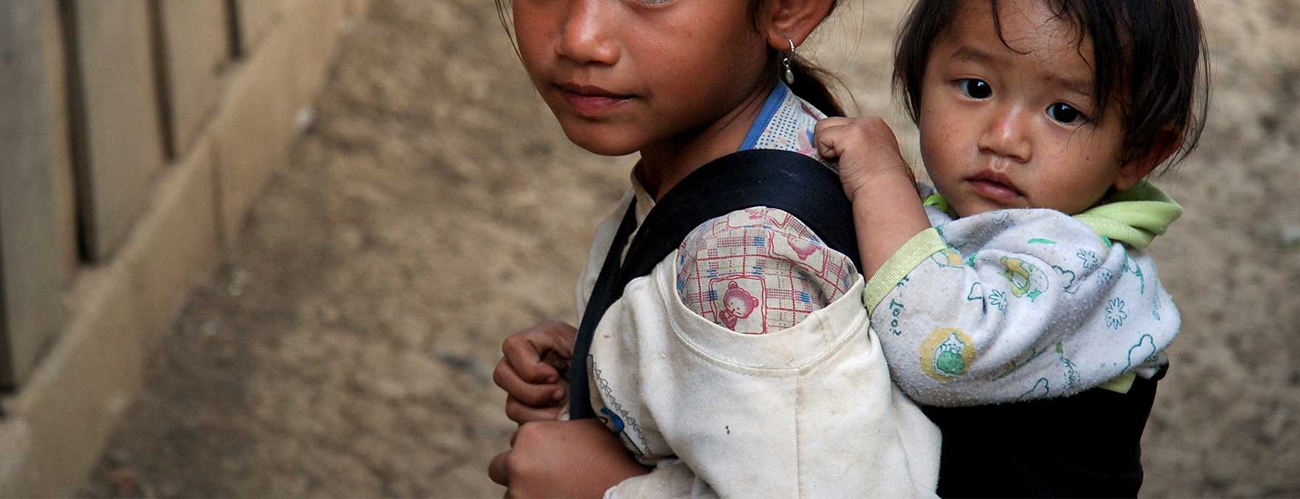

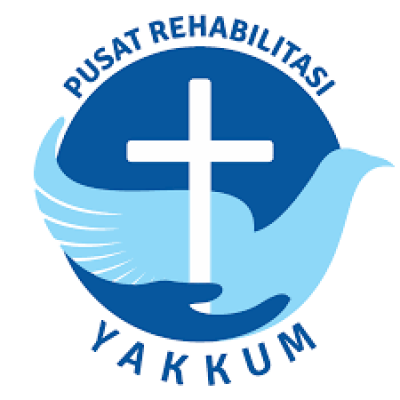

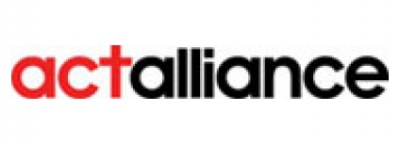
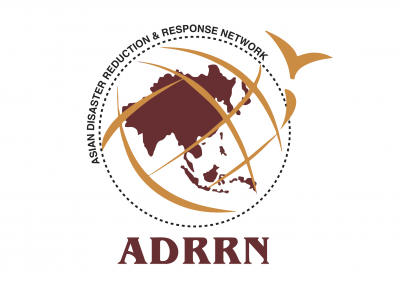
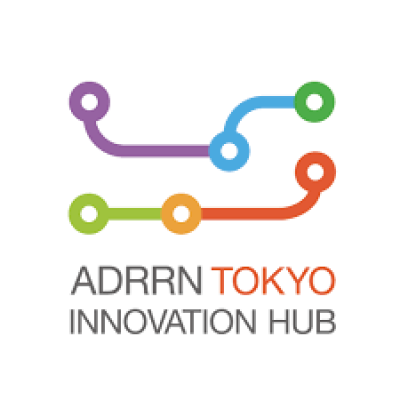




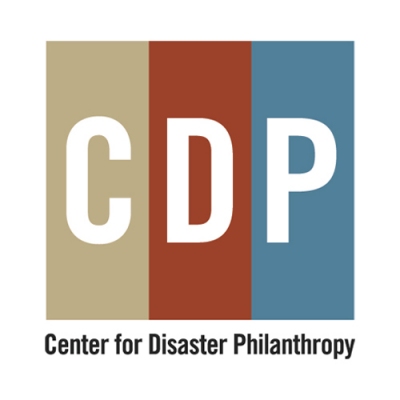
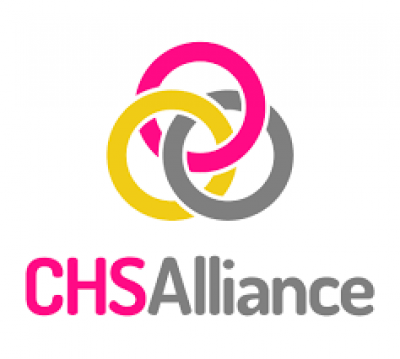


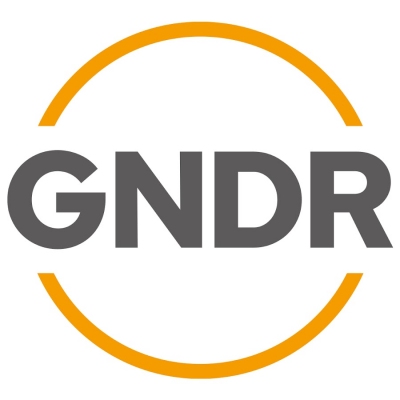
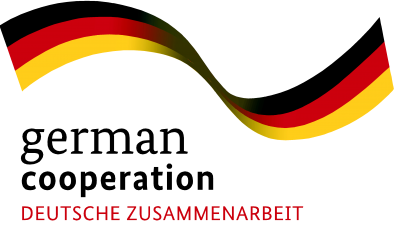
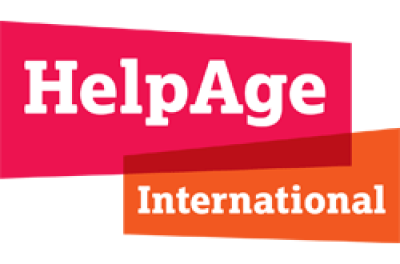






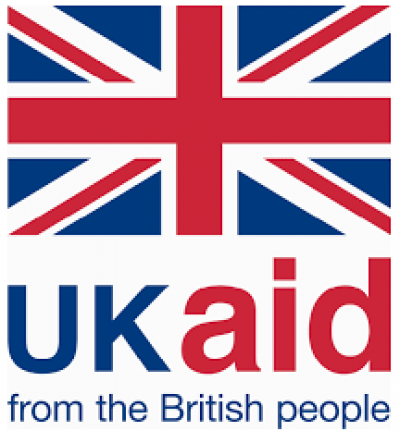

Social Media
@yakkumemergency
yakkumemergency